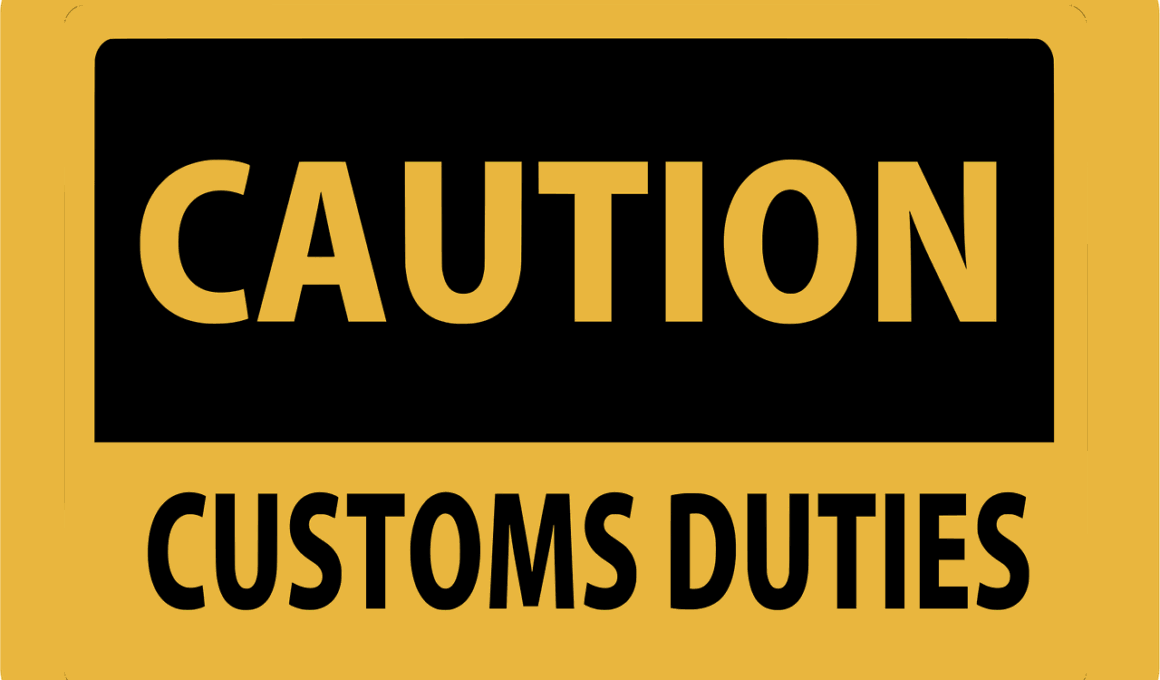Understanding Cat Ownership Taxes: A Comprehensive Guide
Owning a cat can bring immense joy, but it also brings financial responsibility. One significant aspect of cat ownership is understanding the taxes and fees applicable in your area. Various jurisdictions levy different requirements concerning pet ownership. Tax obligations may be imposed and can vary depending on your locality or state regulations. It is crucial to research and understand these regulations because neglecting tax duties may lead to penalties. For instance, some counties require pet owners to register their cats and pay an annual fee. Registering a pet helps authorities maintain records and promote responsible pet ownership, ensuring that vaccinations and other health concerns are managed. Additionally, certain municipalities implement specific taxes for pet ownership based on the number of pets owned. These additional fees can become significant over time, affecting your overall pet ownership budget. Therefore, it is prudent to develop a clear understanding of these financial responsibilities before committing to being a pet owner. In doing so, you can adequately plan your finances and ensure a smooth relationship with your feline friend.
Understanding the taxes associated with cat ownership can protect your financial stability. Many people overlook or misunderstand the various potential fees, which can lead to unexpected costs. Pet licensing fees, for example, often go unconsidered. Counties typically charge a nominal fee for licensing pets such as cats. This fee can contribute to animal control programs, helping facilitate the local stray population’s management. Generally, pet licenses must be renewed periodically, ensuring that cats out in the community are accounted for. Owners here must keep their records up-to-date too. Failure to renew a cat’s license could result in fines or penalties, depending on local regulations. Additionally, some regions may offer reduced fees for spayed or neutered pets, encouraging responsible population control. It’s also essential to verify whether local ordinances dictate that certain breeds require additional taxes or special licenses. Before acquiring a new feline companion, investigate the specific regulations that apply to your area. Knowledge about local taxation can help prevent unnecessary financial surprises down the road, allowing for a more enjoyable cat ownership experience.
Sales Tax on Pet Products
When budgeting for cat ownership, sales tax on pet products is another financial aspect to consider. Various states apply sales tax to pet supplies, which may significantly affect your overall expenditure. Items commonly purchased include food, litter, toys, and grooming supplies. An average sales tax rate can range from 4% to 10%, varying significantly depending on state and local laws. Thus, potential cat owners must factor in sales tax into their budgeting plans. If you spend $100 monthly on supplies, a 10% sales tax dictates that $10 is added to your expenses. Additionally, when purchasing more specialized items like cat trees or health products, the sales tax may impact your budget even more. However, pet owners must also be aware of any exemptions available in their jurisdiction concerning sales tax for pet products. For instance, some areas may exempt certain pet supplies from taxation or include deductions for low-income families. Staying informed about these details can assist pet owners in managing their budgets effectively while ensuring their cats have everything they need.
Insurance is another financial aspect of pet ownership that can incur additional fees and taxes. Many cat owners choose to purchase pet insurance to ensure they can afford veterinary care. Policies vary widely in terms of coverage, costs, and deductibles. Typically, costs can range from $10 to $100 monthly, depending on the type and extent of coverage. While insurance assists in managing potential vet bills, it is also essential to remember that these premiums may have associated taxes as they are considered a purchase. Some states may apply sales tax to insurance premiums, which is an overlooked expense for many owners. Furthermore, it is advisable to examine if any local regulations mandate specific insurance coverage minimums for pet owners. Research into different providers and options can also help find the most comprehensive and cost-effective plans available. This ensures that when a vet visit is necessary, there is a financial safety net available. Understanding the implications of pet insurance contributes to becoming a responsible cat owner while also maintaining financial health.
Residential Pet Policies and Fees
Many residential communities impose specific pet policies that include rules and fees for cat ownership. Apartment complexes and homeowners associations often establish pet-related regulations to maintain order and hygiene within shared spaces. These policies can include breed restrictions, pet limits, and sometimes mandatory pet deposits. A pet deposit might range from $300 to $500, aimed at covering potential damages caused by your feline companions. Some communities may also charge an additional monthly fee for having cats living on premises. Understanding these residential policies is crucial to avoid potential financial penalties. Failure to comply with homeowner or rental property guidelines can result in eviction or loss of security deposits. Pet owners must also familiarize themselves with any local noise ordinances that affect pet behavior, as violating such regulations can incur additional fines. Some housing complexes may also require renters to provide proof of vaccinations and cat licensing as part of their pet policy. By being aware of these residential expectations and related fees, cat owners can create a harmonious living environment.
Tax deductions are another consideration for cat owners, especially those who may operate pet-related businesses. If you are running a business involving cats, such as grooming or breeding, you can consider certain expenses for tax deductions. However, it is essential to ensure that all tax regulations are followed. Operational costs, including food, supplies, veterinarian care, and even advertising can potentially be deductible. Cat owners involved in rescue efforts might also claim deductions for veterinary expenses incurred while fostering cats for adoption. While potential tax breaks can provide financial assistance, it is vital to keep accurate records of all spending related to your pets for substantiation. Consulting with a tax professional would ensure familiarity with all applicable regulations concerning these deductions. It is imperative to stay updated on changes to tax laws regarding pets. By understanding the tax benefits available to you as a cat owner, you may be able to alleviate some of the financial burden associated with caring for your pet while remaining compliant with the law.
Conclusion: Being a Responsible Cat Owner
Ultimately, understanding the various taxes and fees associated with cat ownership is essential for responsible pet ownership. Financial management is a crucial responsibility that goes beyond simply purchasing food and treats. From licensing fees and sales tax on pet supplies to understanding insurance policies and potential deductions, all these components play a significant role in your overall cat ownership experience. Being adequately informed allows you to remain compliant with local regulations while also maintaining your financial health. As a cat owner, it is worth dedicating time to researching relevant ordinances and duties associated with owning a pet. Comprehensive knowledge of all costs can provide you with peace of mind. Consequently, this helps both you and your feline companion thrive together. Take the time to educate yourself about regional pet tax structures, fees associated with residential policies, and possible tax advantages for pet-related expenditures. Preparing responsibly will ensure happiness and security for both yourself and your beloved cat, leading to a fulfilling relationship enriched with companionship.
As an additional step, keep open communication channels with local shelters and veterinary clinics. They can offer valuable insights and updates regarding any changes in regulations affecting pet ownership in your community. Engaging in pet-owner forums can also facilitate knowledge sharing among other cat enthusiasts about their experiences with local taxes and fees. You may find useful tips, obtain resources, and form relationships with other cat owners that can aid in mitigating some costs associated with your feline companions. Organizing a social gathering or a meetup for fellow cat owners might even reveal ways to collectively address any legislative issues impacting pet ownership, fostering local awareness. Additionally, exploring options for pet tax breaks as a community can further benefit everyone involved. Engaging with local governments to advocate for more reasonable animal taxes or fees, may lead to positive change. After investing time to investigate these financial aspects, you will be better equipped to enjoy the delightful experience of cat ownership. The knowledge obtained will lead to a healthier financial and emotional life with your beloved pet.


